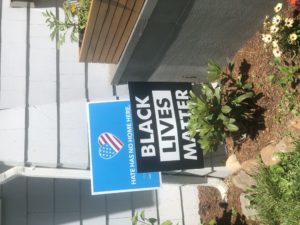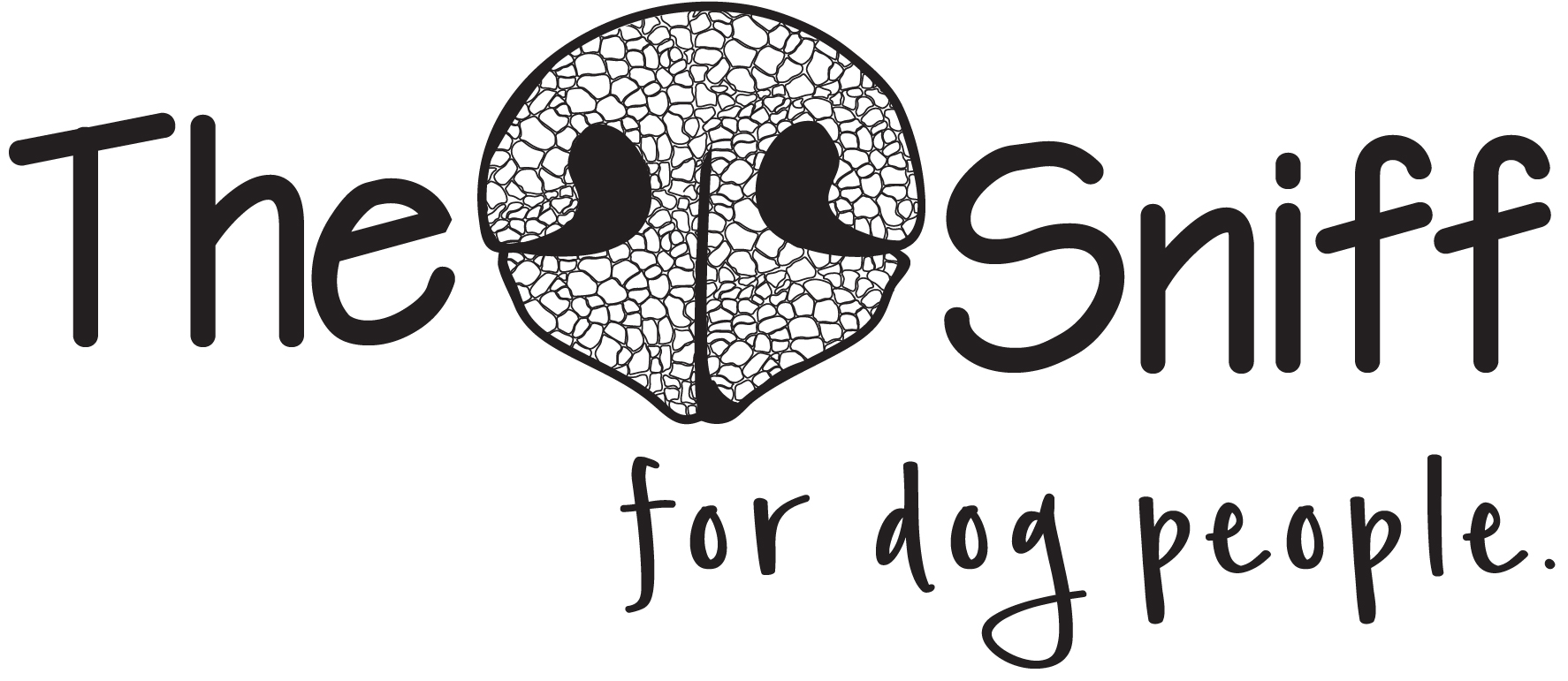12/22/20 UPDATE: I’m a bit shocked and very disappointed that I have to add this update, but it seems some people need to hear it. So, here it goes: the goal of this blog post was to inspire introspection by the pet rescue and sheltering community about diversity, equity, inclusion, and justice. I’m pleased that it seems to have contributed to that discussion in fairly meaningful ways. This blog post was never intended to suggest, nor does it anywhere state, that the retail pet sales or “puppy mill” industry is the answer to biased or discriminatory adoption policies. On the contrary, that industry preys on consumers and abuses animals for nothing other than their own profits. This blog is not to be weaponized, and anyone with information about any such perverse adaptations for industry gain should contact me: aj@thesniff.com
Black Lives Matter.
I’m proud to see how many fellow animal rescuers and advocates have shared these words over the past week. But I also find myself pausing and reflecting on how much racism is at play in the dog and cat rescue world. For years I’ve said I would write a blog about this. I’ve never built up the courage. I’ve convinced myself I’m not the right person to hold the microphone. But I’ve kept a list of ways that rescuers and organizations reinforce structural racism within our movement, and I’ve thought a lot about how we can do better. And I want to share it with you.
These are things I have seen over the years. Some of them are things I have done. And the ideas for changes are just that–my ideas. They are not perfect. I haven’t tried them all. But I can’t stay silent. (This was first shared as an instagram story series over on @ourpitstop, where it can still be viewed.)
Adoption requirements that are a coded way to “weed out” adopters from marginalized groups.
- Refusing to consider people who don’t own their own home.
- Refusing to consider people who don’t have yards, or fenced in yards.
- Refusing to consider people who live a certain number of miles from your community.
- Refusing to consider people who don’t feed the high quality food you feed.
- Refusing to consider people who don’t have a relationship established with a vet.
Instead: consider any home where the pet’s needs will be met and they will be loved. Make a conscious effort to recognize when you are biased toward adopters who look like you, or whose homes are similar to yours, or you share a lot in common.
Negative comments about a municipal or city animal shelter’s location
- “I don’t feel safe being there after dark.”
- “Be careful – this is a bad neighborhood.”
- “It’s in the ‘hood.’”
- “It’s ghetto.”
Instead: Share the shelter’s address. If people make negative comments about a community, practice anti-racism by calling them out on it or sharing your own positive experiences with that institution/location. Simply asking “what do you mean by that comment?” can go a long way.
Assuming that you will be able to offer a better home to a pet than a family of color by immediately trying to convince that family to surrender their dog or cat to you, rather than speaking with them about what resources they need to keep their pet, and how you can help them.
Instead: begin every conversation with “what would you need to be able to keep your pet?” Commit to viewing surrender as the last option.
Rejecting prospective adopters who are not native English speakers, claiming they’re “too difficult to speak to” or “they don’t understand.”
Instead: find an interpreter in the adopter’s native language or use apps like google translate. Communicate through them. Do more listening than talking and make a conscious effort to recognize your implicit biases.
Racism, disrespect or criticism toward shelter employees – especially kennel cleaners or any other staff person whose job is physical and/or underpaid.
- “Does he even know how to walk a dog?”
- “He should get a job at McDonald’s down the street.”
- “I can’t even understand the way she talks.”
- Explicit racial slurs or microaggressions.
Instead: treat shelter employees with the respect, dignity, and gratitude they deserve. Ask them questions. Listen to them. Appreciate them. Often these are the workers who care more for and know more about the shelter pets than anyone else. Think that they lack skills? Research continuing professional development opportunities and fundraise to make those opportunities available to them. Do this without seeking praise or fanfare.
Referring to where a dog or cat came from in terms like “the dangerous inner city,” “a bad neighborhood,” “ghetto,” “the hood.” These are often coded racist language.
Instead: don’t share where a dog or cat was rescued from (in generic or specific terms) unless there’s an incredibly compelling reason to do so. Don’t use underserved communities as a way to fundraise for your organizations or build up your savior complex.
Lack of representation, diversity and inclusion on rescue organizations’ Board of Directors.
Instead: work to recruit and include people of color and marginalized people. Recognize that including those people is only the first step. Work to empower diverse voices, opinions and perspectives. Participate in diversity, equity and inclusion training.
Judging and bashing any owner who surrenders his or her pet to the shelter, regardless of how well-cared for the pet seems to have been or how agonizing the decision is for the owner.
- “I would never give up my dog/cat. They’re my babies. What is wrong with people?”
- “Some people don’t deserve animals.”
- “A pet is a lifelong commitment. I hope this person never has a pet again.”
Instead: check your privilege and assume the best of all pet owners. Recognize that you have never experienced a life-altering situation that forced you to choose between keeping your dog or cat and a roof over your head, or food on your table. Approach the situation with awareness and kindness.
Seeing a video of a white woman mishandling her dog while threatening a black man’s life, and only focusing on the treatment of the dog.
Instead: recognize and work to reduce your implicit bias. Take the Harvard Implicit Association Test, build relationships across lines of difference, and make efforts to expose yourself to counter stereotypical representations. Commit to searching for intersectionality with your animal advocacy/rescue work and other social justice movements.
Choosing not to engage (or responding unkindly) to a potential adopter who asks how much the adoption fee is.
Instead: respond to the question with honesty and respect. Consider that assuming that someone can’t afford an adoption fee simply because they are asking about it is an implicit bias that you should work to dismantle.
Asking people to disclose their income on adoption or foster applications.
Instead: remove this question from your applications. Challenge yourself to consider the idea that by asking it you are trying to only adopt to a certain demographic.
Celebrating law enforcement on your organization’s social media pages.
Instead: Recognize that while police may make you feel safe or that you yourself might be a police officer or have family members who are, that this is not the experience for many people of color, who are disproportionately impacted by police brutality. As a first step, remove posts like these that are likely to alienate people of color. Then, work towards building solidarity with racial justice initiatives and reducing interpersonal racism and bias. Many police officers have participated in peaceful protests this week–join them!
Only hosting events in white, wealthy communities.
Instead: host events in historically black communities. Meet new people. Welcome them.
Treating pet ownership as a privilege that does not belong to non-white people.
Instead: recognize that we will never get pets out of animal shelters and into homes unless we work to include diverse and marginalized populations. Our movement requires inclusivity. We must work to be anti-racist allies.

